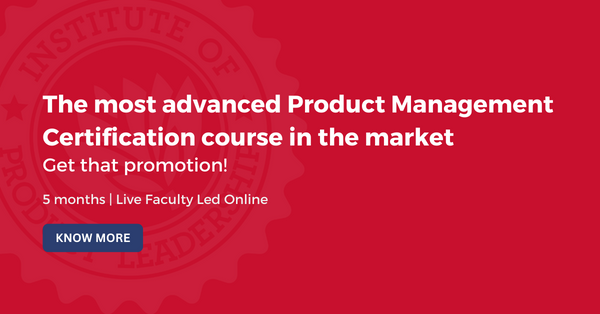A Product Manager is a person who is responsible for developing products for an organization. Product managers prepare business strategies for a product, specify its functional requirements, and manage the launch of features.
A Product Manager needs the following skills:
1. Communication Skills: To explain the specifications and strategies of a product, a Product Manager needs to know how to communicate clearly and effectively.
2. Technical Expertise: Product Managers need to have the technical knowledge to ensure that the product vision can be clearly explained to the engineering team.
3. Marketing Inclination: To develop marketing strategies and put out the launch plan, Product Managers need to have extensive know-how of marketing.
4. Strategic Thinking: Product Managers should be able to think strategically throughout every phase of a product’s development, be it deciding launch plan or conducting market research.
So, now that you understand the basics of who a Business Analyst and a Product Manager are and the skills they require respectively, let us look at what they share in common and what sets them apart.







